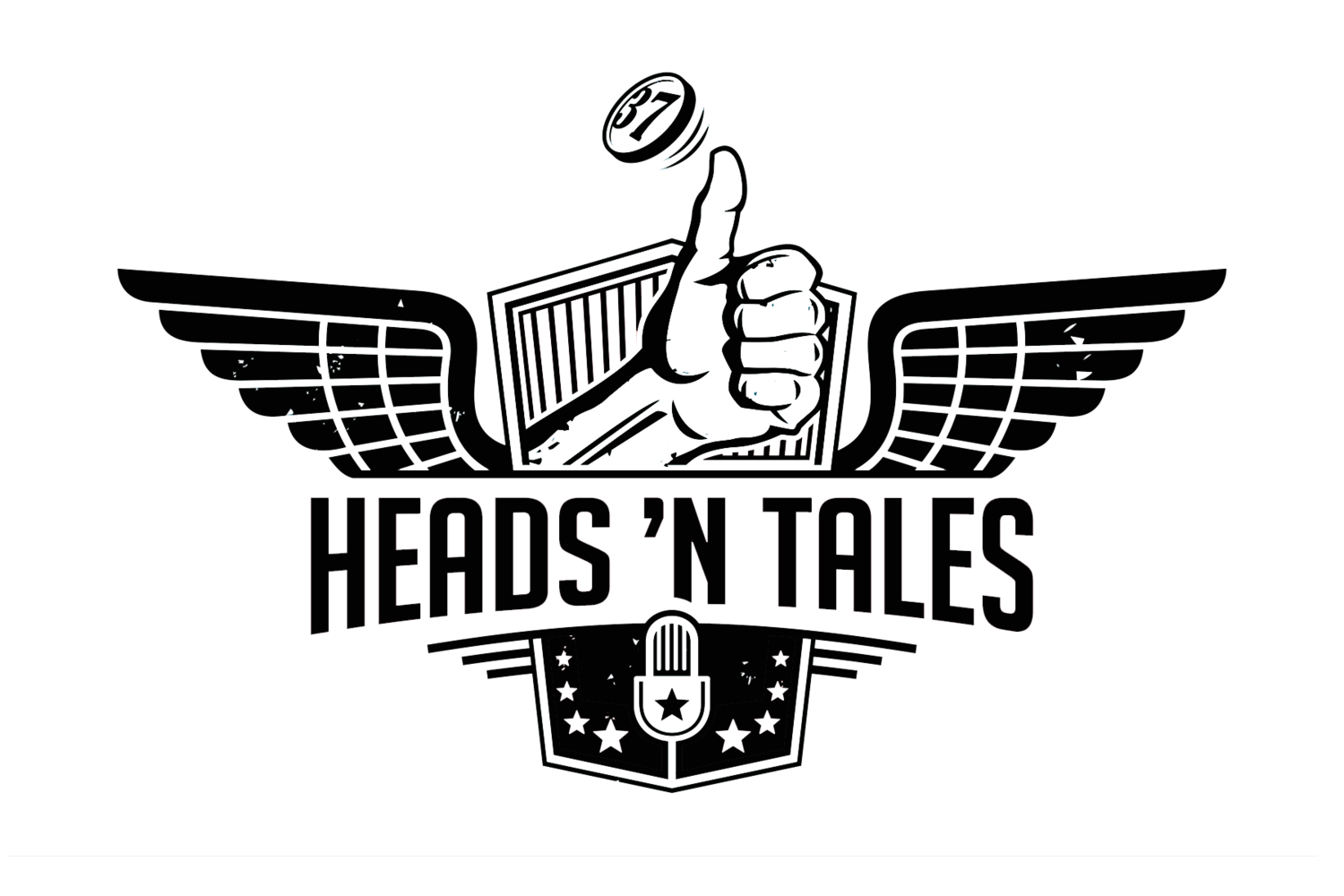You CAN Recover From Post Concussion Syndrome, But You Can't Do It Alone w/ Aaron Rocha & Mike Santee
Aaron Rocha is a retired lacrosse player who ended his career at Babson College.
In episode 143 I had the privilege of interviewing the founders of CAN Recover, Aaron Rocha and Mike Santee. CAN Recover was inspired by Aaron and Mike’s experience and their realization of a communal need for individuals suffering from post concussion syndrome. Both Aaron and Mike battled post-concussion syndrome for up to 2 years and were withheld from returning to the sports they love. Through their experiences, they realized that there is no effective support available for student-athletes like themselves. Seeing how much impact they had on each other’s recoveries by providing empathetic support, they immediately wanted to start helping others overcome the physical and emotional challenges of a prolonged concussion recovery.
Mike Santee is a retired hockey player who ended his career at the United States Military Academy.
Below you will find a list of topics we touch on throughout the episode:
How Mike and Aaron got connected through their struggles with PCS.
Mike and Aaron’s concussion histories.
Why both Mike and Aaron hid symptoms and tried to play through their injuries.
How the athlete identity might influence athletes to play injured.
How our definitions of toughness have evolved.
“Back in high school my definition of toughness was resilience through pain.” - Aaron Rocha
Team awards the reinforce dangerous definitions of toughness.
Treatment options that Aaron and Mike tried in their recoveries.
What worked and what didn’t.
The tendency to over-analyze while recovering from concussion.
The value in keeping a symptom journal to isolate variables.
Why having someone to talk and relate to is so important.
“You don’t feel like you are in control, you’re in the passenger seat of your own life” - Mike Santee
NHL examples on how we are making progress toward redefining toughness.
The tremendous support Mike had from his coaches at West Point.
The mental an emotional toll PCS had on them (loneliness and isolation) and thoughts of ending it all.
Should you rip the bandaid off or stay around your sport? Differing perspectives and why neither is right or wrong.
How losing a sport affects relationships.
Finding new outlets.






